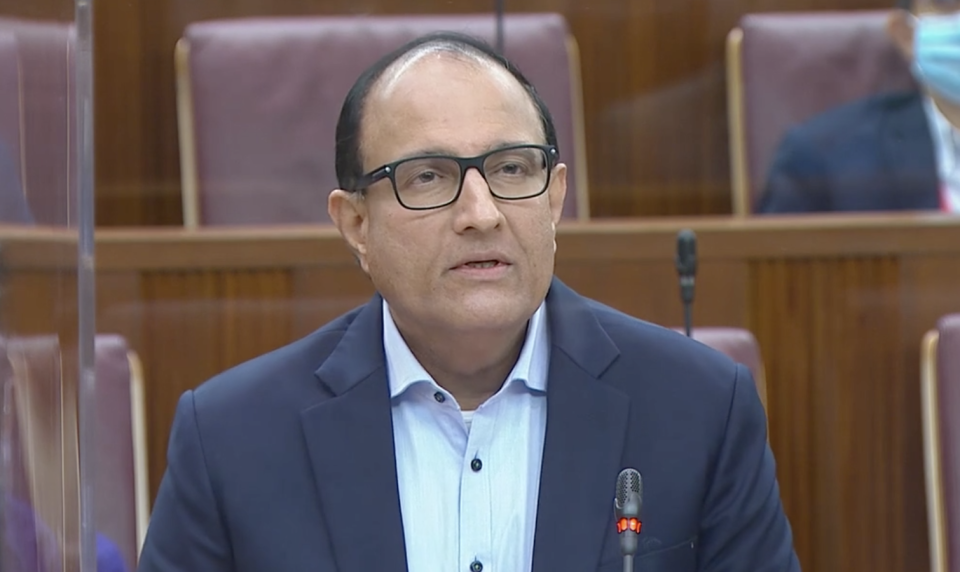Government 'agrees in principle' to live-streaming of parliamentary sessions, working on details: S Iswaran

SINGAPORE — The government will work through the details for the implementation of live-streaming parliamentary sessions and announce them soon, said Communications and Information Minister S Iswaran on Friday (4 September).
In his debate on the President’s address in Parliament, Iswaran noted that the government “agrees in principle” to the live streaming of parliamentary proceedings.
And its agreement to do so is due to the “spirit of deep engagement” that Parliament entails, despite its reluctance to do so in the past for “ both practical and policy reasons”, he added.
For instance, Iswaran pointed out, demand for such live broadcasts – even for major speeches – is generally low at only 10 per cent of that of free-to-air television news.
The government also has reservations about live broadcasts potentially risking compromising parliamentary sessions, where debate must be vigorous yet “sombre”, he added.
“An element of cut-and-thrust is unavoidable, even necessary, because Members want to show Singaporeans that their concerns are expressed, and questions asked and answered in Parliament,” he said.
But they must “come to grips with the issues and their complexities and not play to the gallery”, Iswaran stressed.
Nevertheless, he added that the government has made note of global and technological trends, which have made online streaming commonplace, and seen legislatures live streaming their proceedings in many countries.
“The government, therefore, agrees in principle to the live streaming of parliamentary proceedings. My ministry will study the technical and implementation details.
“Our aim, as always, will be to achieve transparency, accountability, and accessibility while preserving the integrity and dignity of parliamentary proceedings,” Iswaran said.
Workers’ Party (WP) chief Pritam Singh, in response to Iswaran’s speech, said in Parliament that his party has reflected on the government’s concerns but noted that “the element of theatre will be exposed” in these live streams.
“And the public will conclude fairly quickly, if not immediately...who is here to turn Parliament into a theatre and who is here to be serious about Parliament as a forum where serious matters are discussed,” the Leader of the Opposition and Aljunied GRC MP added.
The issue of parliamentary live-streams has been raised in the House repeatedly over the years, by various MPs including Singh, and his fellow WP members Leon Perera and Faisal Manap.
Some portions of parliamentary sessions have been live-streamed, however, such as Prime Minister Lee Hsien Loong’s speech on Wednesday and his subsequent debate with Singh.
Written parliamentary records, known as the Hansard, are also available on the Parliament’s website, and selected footage are later given to and uploaded onto a CNA microsite within three hours of the sessions.
Members of the public can also watch in person the sessions at the Strangers’ Gallery.
In May, former Leader of House Grace Fu rejected calls for such live-streams, noting the various online channels available for members of the public to view them.
Her press secretary, Dr Michele Khoo, later highlighted the risk of turning Parliament into a “form of theatre” if its sessions were to be live-streamed in a reply to a forum letter.
Stay in the know on-the-go: Join Yahoo Singapore's Telegram channel at http://t.me/YahooSingapore
Other Singapore stories:
WP Jamus Lim's speech on minimum wage, compassion draws robust reactions from PAP MPs
Pritam Singh v PM Lee Hsien Loong: Opposition ward residents are not 'free riders', says WP chief
How much reserves is enough? There's no answer, says Lee Hsien Loong


